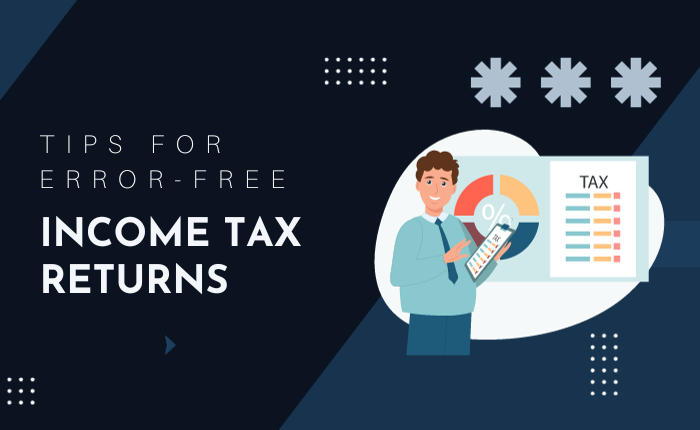In the world of managing money and taxes, one important task is filing Income Tax Returns (ITRs). This is something everyone, whether you’re a regular person or a business, needs to do. The Income Tax Department makes it mandatory for us to report how much money we’ve earned during a specific year. This report, which we call Income Tax Returns, is crucial because it helps the government figure out how to tax us properly.
Now, let’s discuss Income Tax Returns – the rules, exceptions, and some key things to know.
First, there are some rules that say certain people or groups don’t have to file Income Tax Returns. You might get a pass if you’re really young or old if you earn a certain type of income (like money from farming), or if you don’t make a lot of money. For most people, there’s a “Basic Exemption Limit,” and if you earn less than that, you don’t have to worry about it.
These limits can change from year to year when the government makes its budget. Here’s what they look like now:
| Age Group | Old Regime Income Limit | New Regime Income Limit |
|---|---|---|
| < 60 years or Non-Resident | ₹2,50,000 | ₹3,00,000 |
| > 60 years but < 80 years | ₹3,00,000 | ₹3,00,000 |
| > 80 years | ₹5,00,000 | ₹3,00,000 |
Figuring out your income for your tax returns can be tricky. You have to consider different sources, like your job salary, money from any properties you own, earnings from a business or profession, money you make from investments (like stocks), and any other income you might have.
- There’s also something called a “Statement of Financial Transactions” (SFTs).
- Some organizations, like banks, government agencies, and stock markets, have to send reports to the Income Tax Authority about big financial transactions.
- This helps the tax folks keep an eye on things.
- As a taxpayer, it’s crucial to double-check that the information these organizations send matches up with what you report in your tax returns.
- If your bank says you earned ₹51,000 in interest from a fixed deposit, make sure you declare that amount correctly in your tax returns.
Here are some handy tips to avoid any tax trouble:
1. Review all the income information you can access.
2. Report all your transactions involving things like stocks or property.
3. Let the tax department know if you buy or sell property.
4. Tell your employer about all your income sources and deductions (this is important if you have a job).
5. Make sure the numbers in your tax returns match the ones in your Form 16 or 16A.
6. Choose the right tax return form.
7. Fill in all the necessary details in your return form, like balance sheet info if needed.
8. Don’t submit your tax returns if you owe taxes.
These tips can help reduce the chances of the tax department taking a closer look at your return or sending you notices about mistakes. But remember, there are no guarantees. Tax rules can change, and the way they pick tax returns for review has improved over the years. The government is working on making the whole tax process smoother and more transparent for everyone.
If You have any queries then connect with us at [email protected] or [email protected] & Contact us & stay updated with our latest blogs & articles










